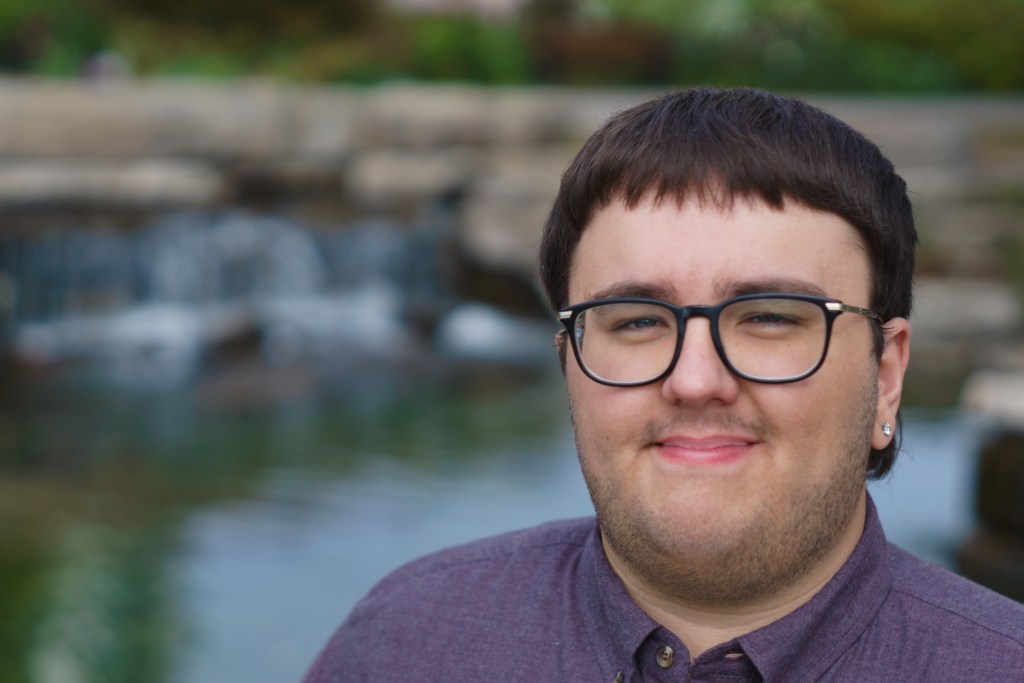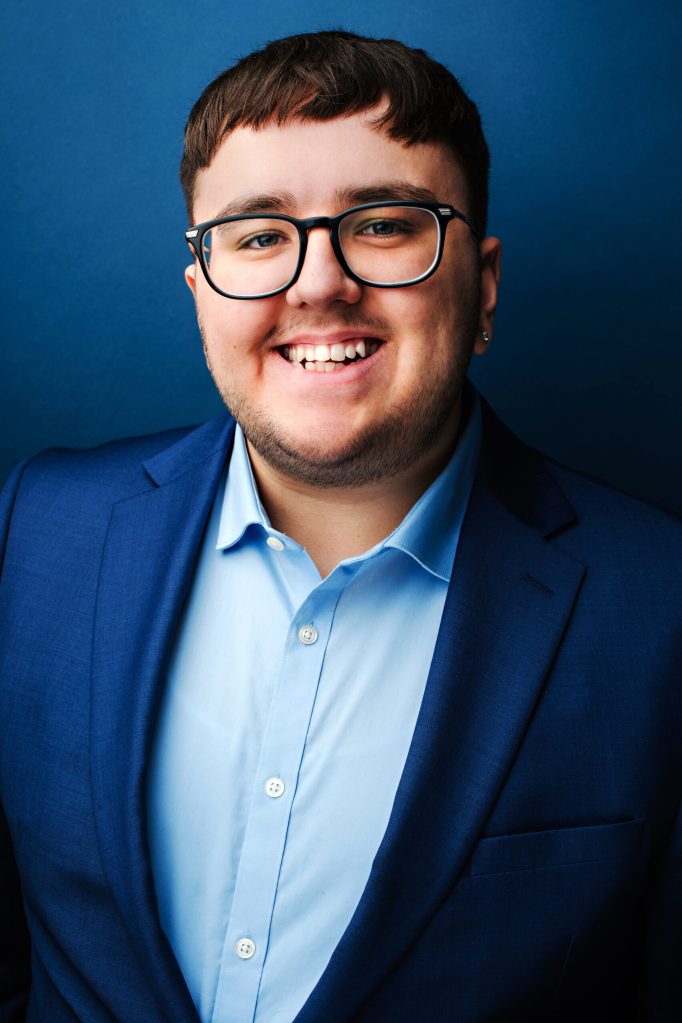Kyle Stewart is a Registered Psychotherapist working virtually with LGBTQ2IA+ individuals and couples.
Are you struggling with overwhelming feelings? Does anxiety inhibit your potential? Maybe it seems as if something is missing from life, but it’s unclear what that is exactly. You may feel unheard, unwanted, or unmotivated— taking this first step toward fulfillment and inner harmony is an act of courage.
Things are tough out there! And it’s so challenging navigating this broken world when you feel unseen and unheard. Taking your first step towards wellness is so courageous, and you’re not alone on this journey. Therapy supports traversing competing challenges of your life, and helps you heal from the less helpful ways we all learn to cope for our own survival in impossible conditions.
Together we create an environment committed to embracing your unique experiences by offering safety, non-judgement and compassion. This space is especially welcoming for LGBTQ2+ community members and allies. I aim to foster a relational healing journey where your experiences and needs are welcomed and supported.
I often work with queer and trans folks struggling around a few key themes: shame, identity, sexuality, place/belonging, community and relationships, spirituality and meaning. I work using individual (one-to-one) and couple’s/relational modalities. Underpinning this work is my belief that individualized support is a key aspect of our collective liberation from this broken world.
Thanks for checking out my little corner of the internet. You are welcome here.

About me and my work
I’m a Registered Psychotherapist working with clients out of the place commonly known as Ontario, Canada (online/remote therapy only). I work primarily with young adults and adults as individuals and in relationships (i.e., couple’s therapy) to support the development of an authentic, healing self. I also support clients virtually in Ontario, Newfoundland & Labrador, Manitoba, and Saskatchewan.
My work largely consists of supporting my LGBTQ+ community. I work with people struggling with their identity, meaning, depression, anxiety, ADHD, and challenging relationship patterns.
I entered this pathway by supporting queer and trans folks in educational settings, and in teaching important but difficult content to undergraduate students (ranging from feminist and queer theory to Canadian political polarization and Asian wisdom traditions… it’s been quite a journey!). I also have a background studying philosophy (think existentialism, feminism, etc.), which sometimes shapes the therapeutic work clients like us to do together.
Eventually, I embarked on my journey towards a Master of Arts in Psychotherapy and Spiritual Care from Wilfrid Laurier University. There, I was trained in humanistic psychotherapy informed by trauma, addictions, relationships, Buddhism & spirituality. I have since learned that therapy at its best can be a counter-cultural space for relational healing in a profoundly challenging world.
If this sounds interesting to you, don’t hesitate to book a free consultation here or reach out to discuss further. We can talk more about what all this means in practice for you and our work!
“When we are no longer able to change a situation, we are challenged to change ourselves.”
― Viktor E. Frankl, Man’s Search for Meaning author and founder of existential psychotherapy
Rates & sliding scale
I charge $145/hour for individuals, and $160/hour for relational (couple’s) counselling.
If this rate is inaccessible for you, I offer a limited number of sliding scale rate availabilities. Please do not hesitate to contact me and apply if you may be eligible.
Let’s chat

If you’re interested in learning more, I offer free 20-minute consultations. These are no-obligation meet-and-greets to learn more about me, my process, ask any questions you may have, and for both of us to see if we might fit together for this work. Please book here.
I know that therapy is a major, and often life-changing commitment. Don’t hesitate to reach out see if we’re a good fit, or if I can try to help in finding someone who might be.
– Ky
“The curious paradox is that when I accept myself just as I am, then I can change.”
— Carl Rogers, founder of humanistic psychotherapy